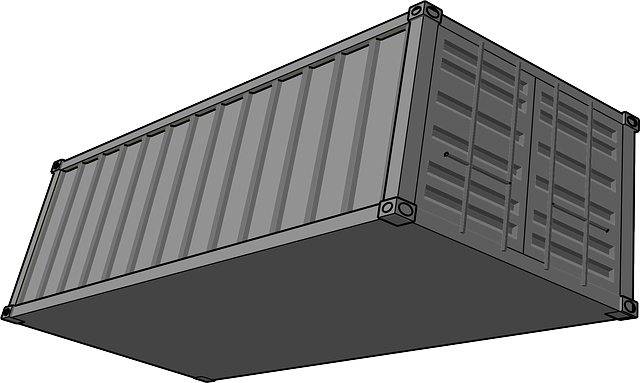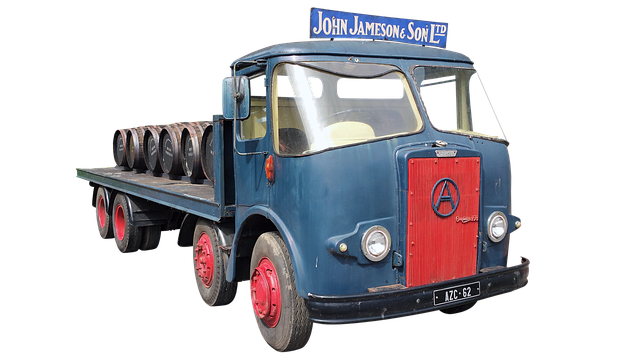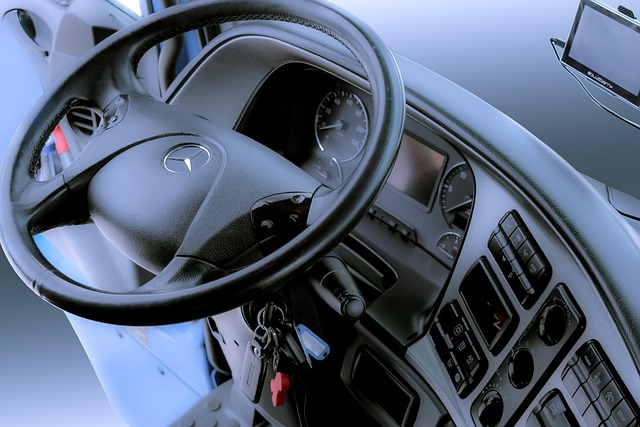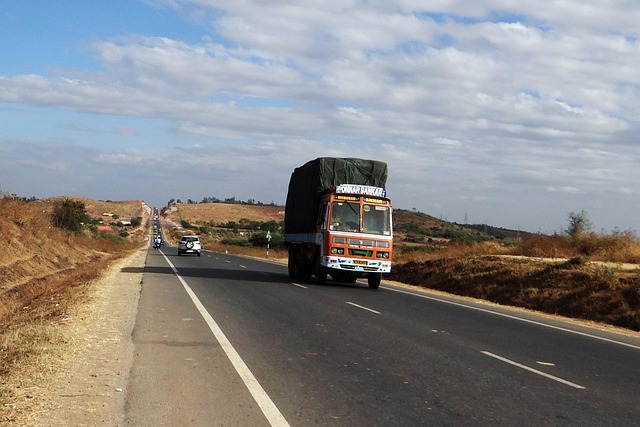Commercial trucking operations face complex liability issues due to increasing truck volumes on the road. To mitigate risks, comprehensive insurance is essential, covering legal responsibilities from driver actions to company oversight. Key components include commercial trucking liability insurance for accident-related claims and cargo insurance for goods protection. Strategies to prevent accidents involve rigorous driver training, regular vehicle maintenance, advanced technologies, well-maintained fleets, and strict hiring protocols. Robust insurance coverage shields against substantial legal and financial repercussions from third-party claims, protecting assets and maintaining business reputation.
In the dynamic landscape of commercial trucking, safeguarding against accidents and third-party claims is paramount for businesses aiming to thrive. This comprehensive article delves into the intricate world of commercial trucking liability, providing a thorough understanding of its multifaceted aspects. We explore essential key components of robust coverage designed to protect trucking operations from unforeseen events. Furthermore, practical strategies are offered to minimize risks and prevent accidents, while a detailed guide navigates the complex process of managing third-party claims, ensuring businesses maintain their assets and reputation intact.
Understanding Commercial Trucking Liability: A Comprehensive Overview

Commercial trucking liability is a complex web of regulations, policies, and potential risks that demand meticulous attention from trucking businesses. As the number of commercial trucks on the road continues to rise, so does the importance of comprehending the multifaceted nature of this liability. Every load transported, every mile traveled, carries the potential for incidents that could result in significant financial losses and legal repercussions for trucking companies.
At its core, commercial trucking liability involves understanding the legal responsibilities associated with operating a commercial vehicle. This encompasses not just the driver’s actions but also the trucking company’s oversight, maintenance protocols, and compliance with safety standards. Robust coverage, tailored to address these multifaceted risks, is essential for mitigating potential third-party claims arising from accidents, property damage, or personal injuries caused during the course of trucking operations.
Key Components of Robust Coverage for Trucking Businesses

For commercial trucking businesses, robust coverage is not just an option—it’s a necessity to protect against accidents and third-party claims. The key components of such coverage include comprehensive liability insurance and cargo insurance. Commercial trucking liability insurance safeguards against losses arising from accidents involving vehicles, property damage, or personal injuries. This includes legal fees, medical expenses, and compensation for harmed parties.
Additionally, cargo insurance is vital to protect the value of goods being transported. It covers loss or damage to cargo during transit, offering financial security against significant financial burdens that can result from shipping disruptions or mishandling. Together, these components ensure trucking businesses are adequately protected in the event of unforeseen circumstances, promoting peace of mind and business continuity.
Strategies to Mitigate Risks and Prevent Accidents

In the realm of commercial trucking, mitigating risks and preventing accidents is paramount for businesses aiming to protect themselves against potential third-party claims. A multifaceted approach is essential due to the unique challenges posed by this industry, such as long hours, varied road conditions, and heavy loads. One effective strategy involves rigorous driver training programs that emphasize defensive driving techniques, cargo securement practices, and awareness of surrounding vehicles. Regular maintenance checks on vehicles can also prevent mechanical failures and reduce accident risks.
Additionally, implementing advanced technologies like telematics and driver monitoring systems can provide real-time data on driving behavior, enabling companies to identify potential hazards early. Investing in well-maintained fleets and adhering to safety protocols for hiring and retaining drivers are crucial steps. These measures not only foster a culture of safety but also significantly reduce the likelihood of accidents, ultimately minimizing commercial trucking liability.
Navigating Third-Party Claims: Protecting Your Assets and Reputation

Navigating third-party claims is a critical aspect of risk management for any business, especially those involved in commercial trucking. When a truck collides with another vehicle or property, it can lead to significant legal consequences and financial burdens. Effective protection against such incidents involves robust insurance coverage tailored to commercial trucking liability.
Comprehensive insurance plans should include liability coverage that shields against potential damages, including medical expenses, property damage, and legal fees. By ensuring proper coverage, businesses can protect their assets and maintain a positive reputation. In the event of an accident, having reliable insurance means promptly addressing the situation, managing costs, and mitigating any long-term impacts on operations.
Commercial trucking operations face significant risks, with accidents and third-party claims posing substantial threats. By understanding the key components of robust coverage, implementing effective risk mitigation strategies, and navigating third-party claims proactively, trucking businesses can protect their assets, reputation, and bottom line. Emphasizing comprehensive commercial trucking liability insurance is crucial for ensuring resilience in this competitive industry.
